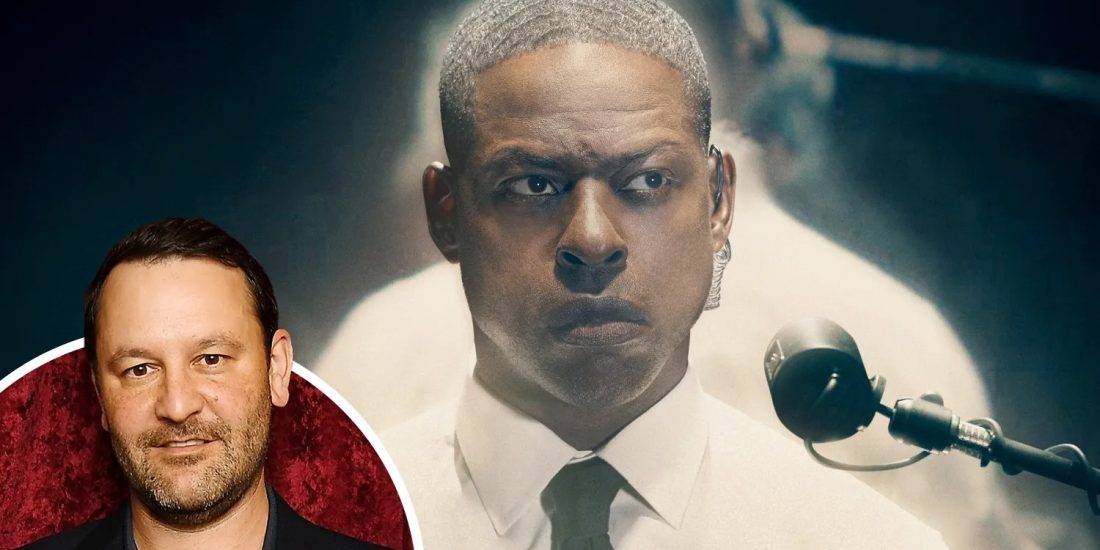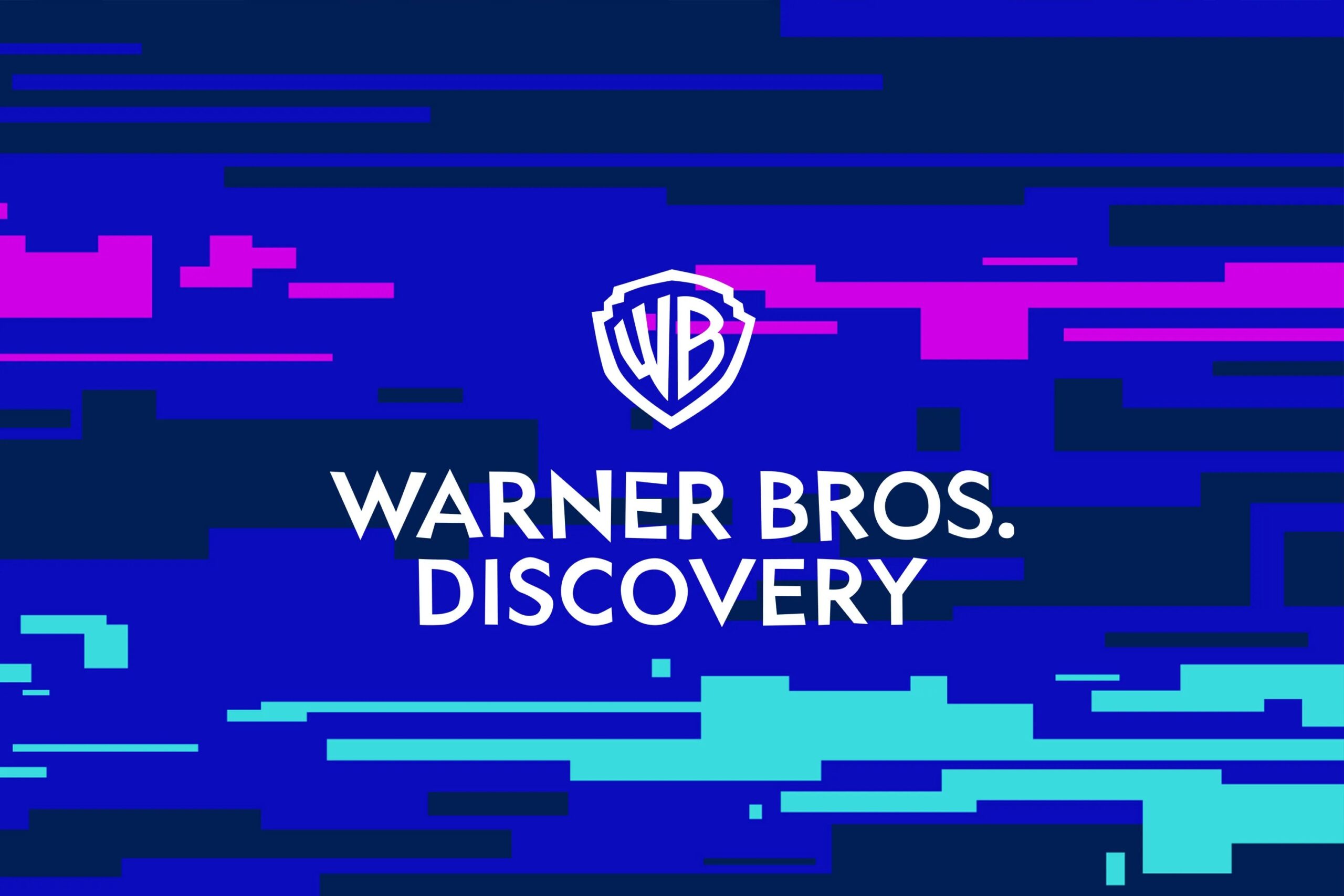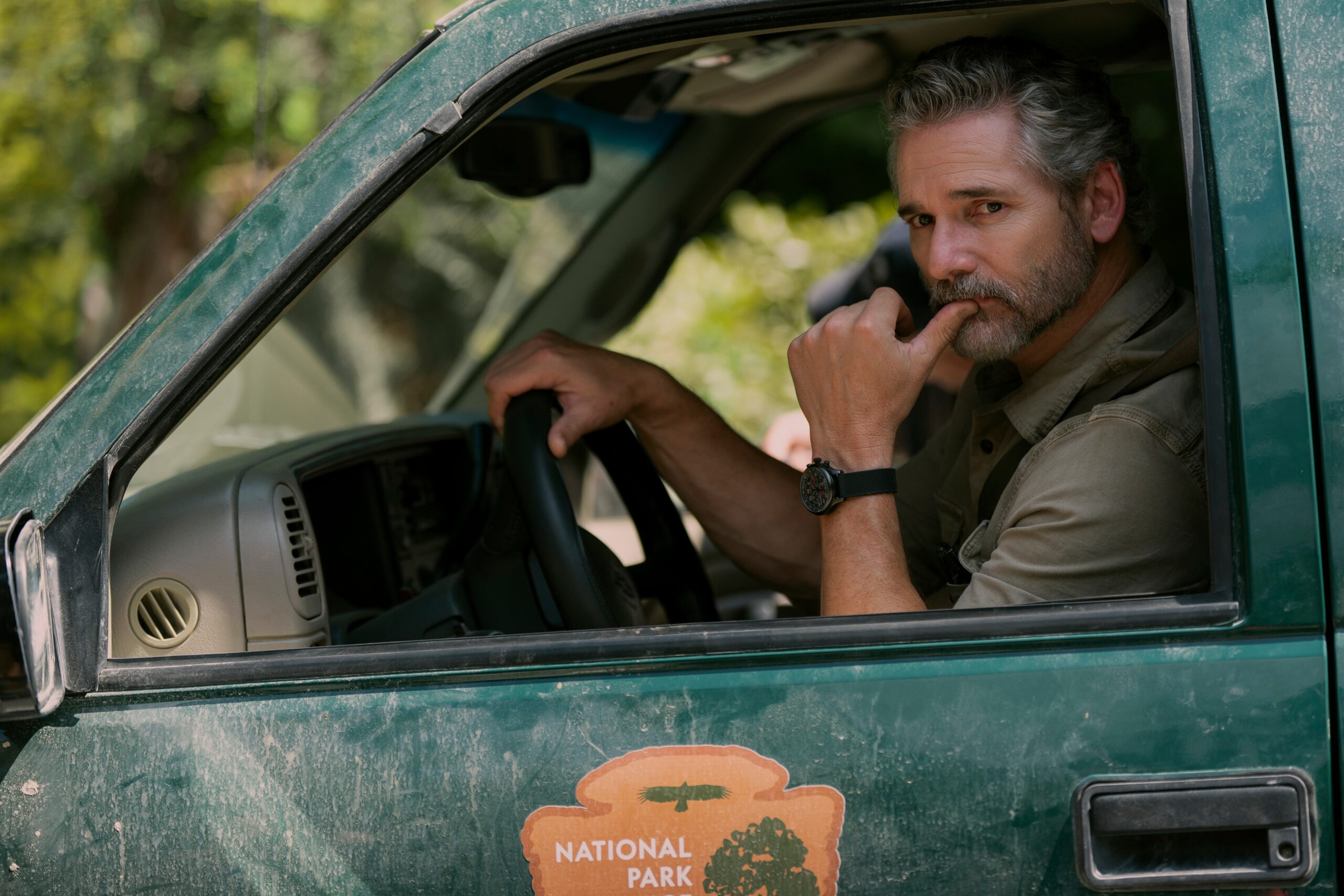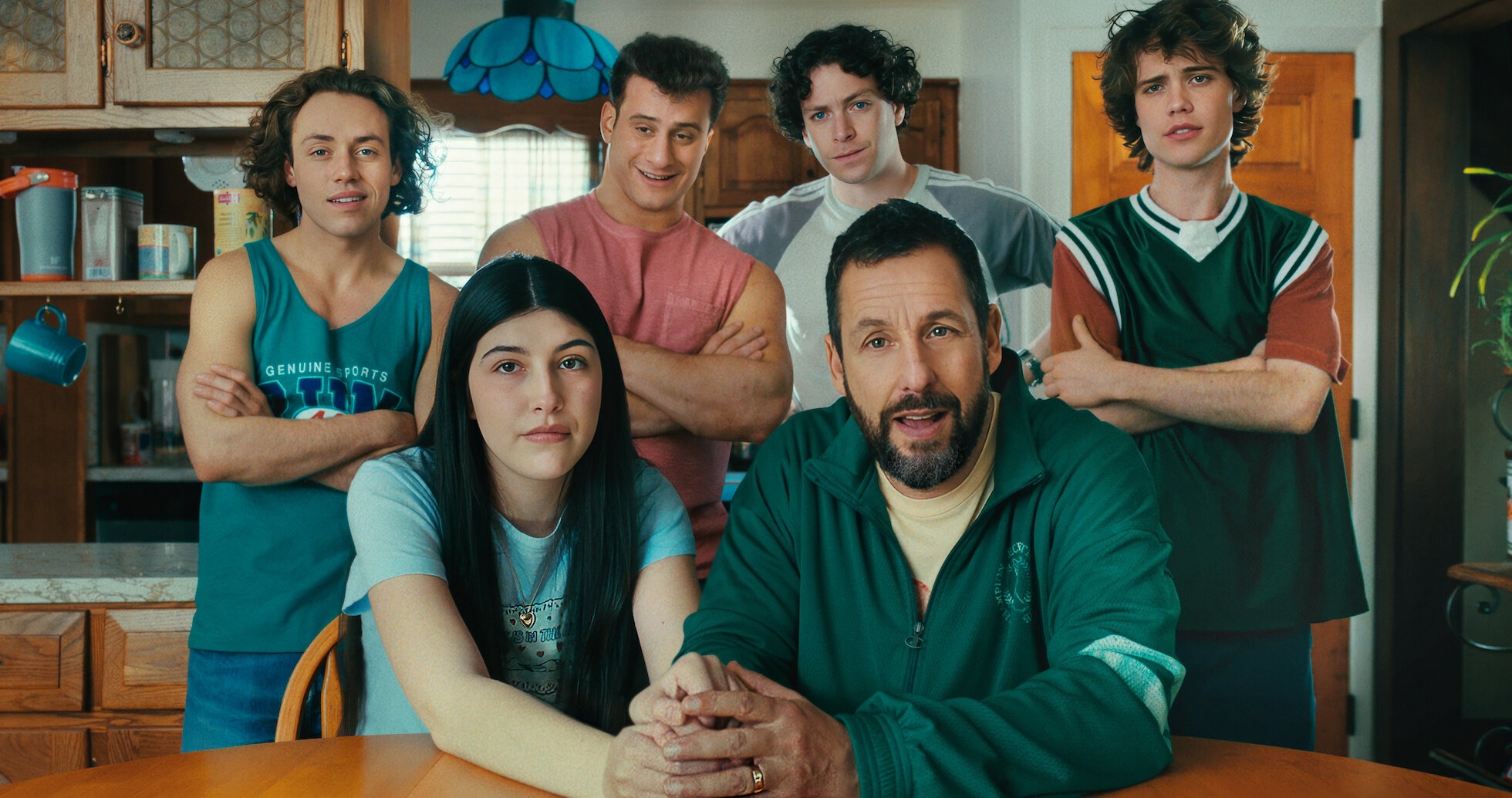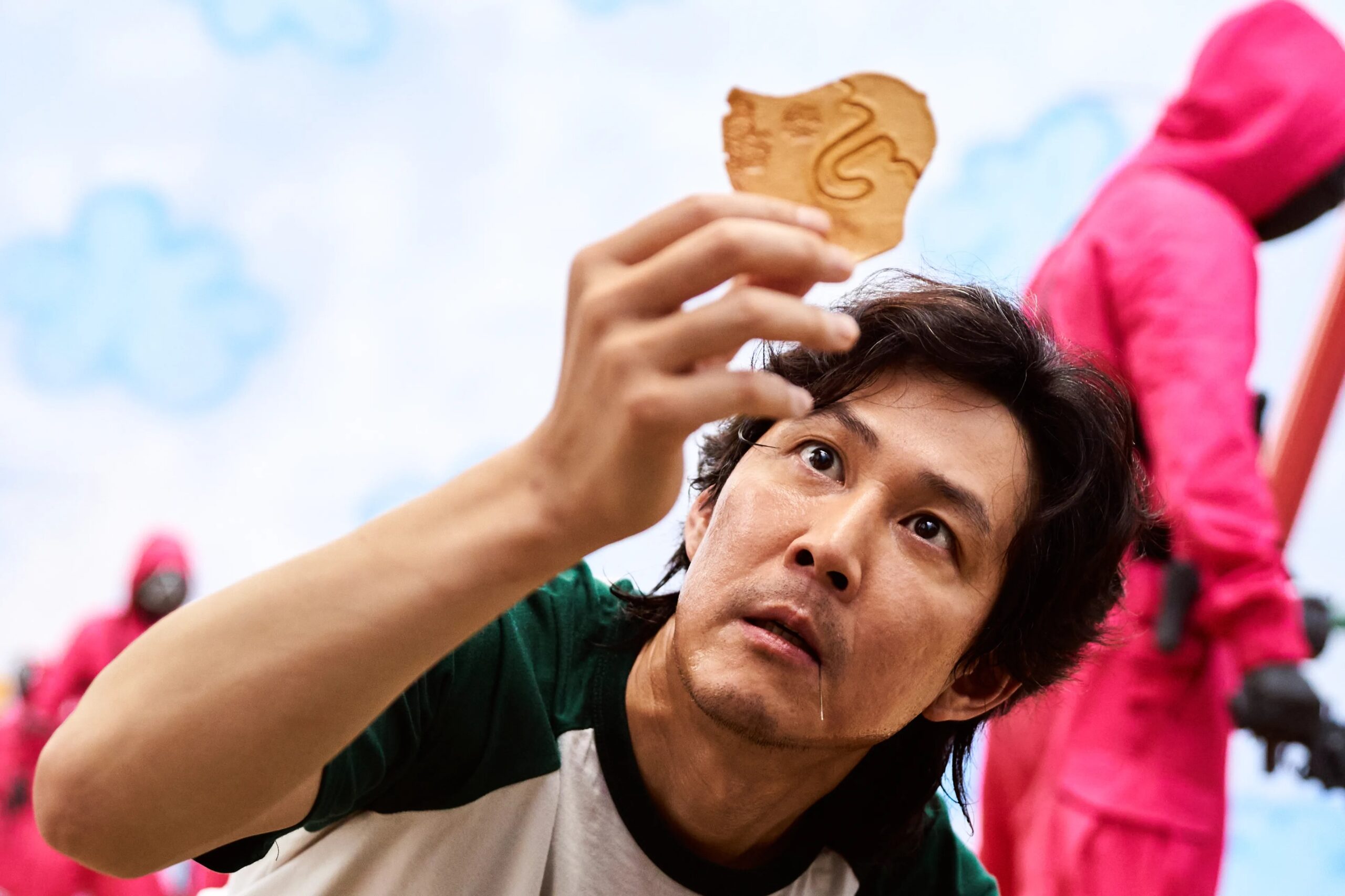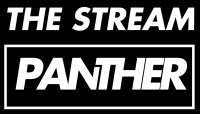Few showrunners navigate heart‑wrenching emotion and high‑concept thrills like Paradise creator Dan Fogelman.
After transforming suburban family drama with This Is Us, Fogelman pivoted to post‑apocalyptic politics in Hulu’s Paradise.
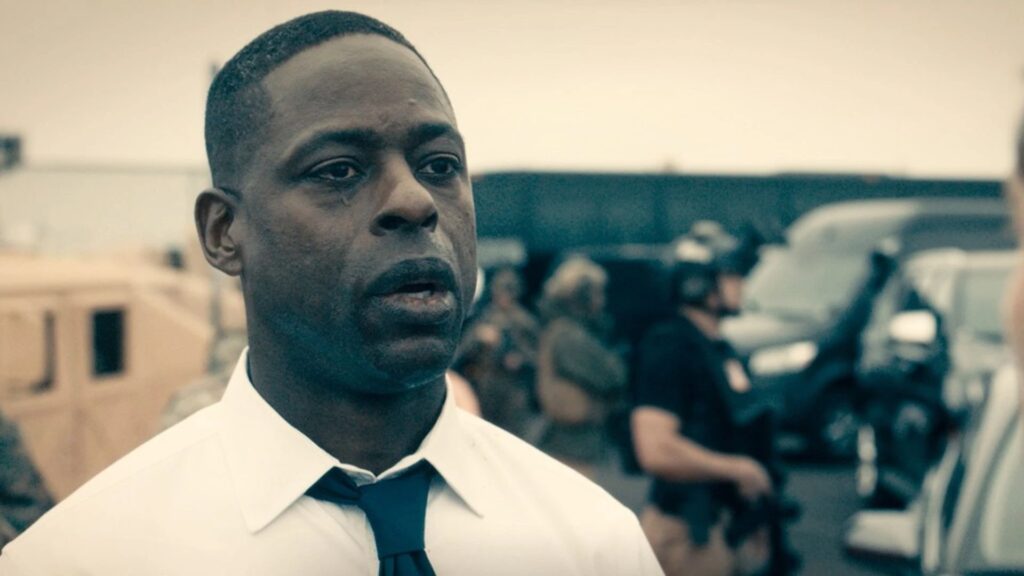
The series imagines 25,000 Americans confined to a colossal bunker city after a super‑volcano wipes out surface life.
As production on Season 2 ramps up, we trace how Paradise creator Dan Fogelman conceived the idea, convinced Sterling K. Brown to star, and plans to expand the universe far beyond its underground walls.
The Spark: A Meeting with a Billionaire
Years before script pages existed, Paradise creator Dan Fogelman met a tech tycoon whose entourage seemed ready to “take a bullet” for their boss.
The encounter raised a haunting question: if catastrophe struck, would those loyalists stay or flee?
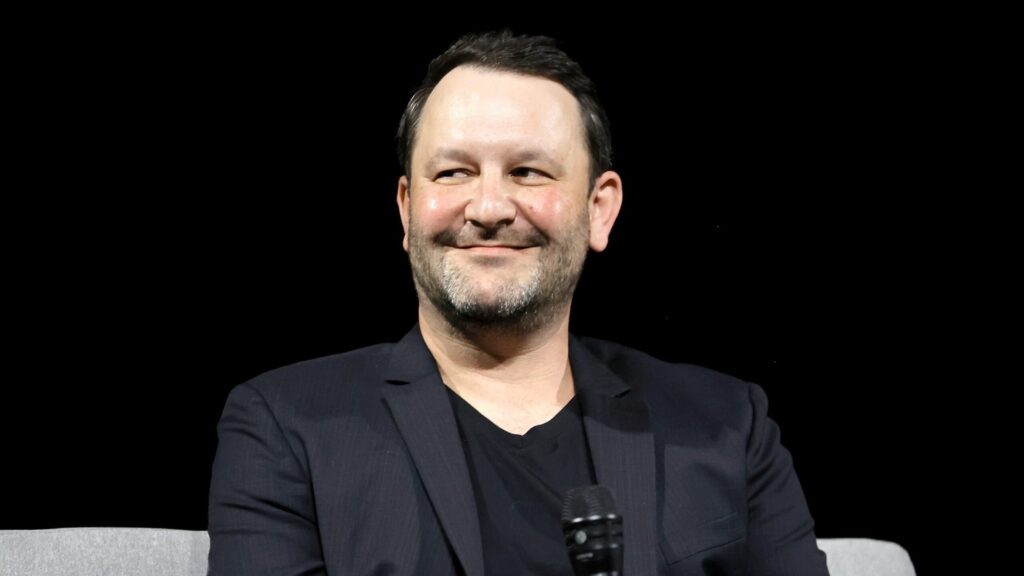
Fogelman’s answer became Paradise: a world where money, power, and personal loyalty collide under literal pressure. He told THR, “I wanted to explore how far devotion goes once the oxygen runs thin.”
Researching the Apocalypse
To ground the series, Paradise creator Dan Fogelman and co‑writer Stephen Markley (author of climate epic The Deluge) commissioned a 25‑page white paper on bunker governance, disaster psychology, and subterranean architecture.
They consulted volcanologists about Yellowstone’s caldera, sociologists on closed‑loop societies, and architects who design underground data centers.
The result? A city that feels disturbingly plausible—“Disney‑fied New England,” as production designer Kevin Bird jokes, yet underpinned by brutal survival math.
Casting: The Sterling K. Brown Imperative
While drafting the pilot, Paradise creator Dan Fogelman couldn’t shake the image of Sterling K. Brown as Agent Xavier Collins.
“If he passed, I might have shelved the show,” Fogelman admits. Brown—drawn by a script combining action and emotional stakes—signed on as star and executive producer.
Their synergy from This Is Us created an on‑set shorthand, allowing Brown to shape Collins as a grief‑stricken father and reluctant rebel.
Balancing Emotion and Spectacle
Critics praise Paradise for marrying blockbuster stakes with intimate character beats.
That tonal mix mirrors Fogelman’s DNA: the childhood flashbacks of Randall Pearson meet the conspiracy twists of 24.
In the writers’ room, Paradise creator Dan Fogelman mandates a “family anchor” for every set piece.
The super‑volcano flashback, for instance, juxtaposes global devastation with Collins racing to evacuate his kids. “If viewers don’t feel the loss, mushroom clouds are just wallpaper,” he says.
Production Challenges: Building a Two‑Mile City
Stage‑building a dosed concrete metropolis taxed crew ingenuity.
Paradise creator Dan Fogelman insisted on practical sets: real brick facades, functioning hydroponic farms, and a quarter‑scale blimp hangar repurposed as the bunker entrance.
Filming on Paramount stages kept the series in Los Angeles, supporting Fogelman’s push to revitalize Hollywood jobs post‑pandemic.
“Moving out of state would have saved money,” he concedes, “but Paradise is about protecting home. We had to practice what we preach.”
Season 2: Expanding the Mythology
The Season 1 cliff‑hanger sent Collins topside to search for his presumed‑dead wife.
According to insiders, Paradise creator Dan Fogelman pitched Season 2 as “The Great Divide”—half surface survival epic, half underground power chess.
New cast additions include Ryan Michelle Bathé (Brown’s real‑life spouse) and Giancarlo Esposito as a charismatic psychologist with shadowy motives.
Fogelman teases “earth‑shaking revelations” about who truly funds Paradise and why.
Thematic Through‑Lines: Loyalty, Control, and Climate Truths
While the show’s disaster is fictional, Paradise creator Dan Fogelman wants climate anxiety to haunt every episode. “We chose a volcano over sea‑level rise so viewers could debate, but the moral is the same: denial kills,” he states. Season 2 will explore propaganda’s power—how Sinatra (Julianne Nicholson) manipulates bunker media to maintain order—and whether truth can thrive without sunlight.
Relationship to This Is Us
Fans often ask if Paradise will emulate This Is Us’ time‑jump structure. Paradise creator Dan Fogelman hints at limited flash‑forwards but promises no grand‑parent death reveals. “Different sandbox, same toy box,” he quips. What persists is his fascination with chosen family—Collins’ bond with rookie Jane Driscoll may echo Randall and Kevin’s fraught brotherhood.
Future Seasons and Spin‑Off Potential
Hulu green‑lit a multi‑season arc, and Paradise creator Dan Fogelman envisions at least four chapters, culminating in the bunker’s ultimate reckoning. He also floats anthology spin‑offs set in sister bunkers worldwide. “Imagine Paradise: Tokyo or Paradise: Cape Town,” he muses. Each could tackle localized crises while feeding into a larger mosaic.
Personal Impact and Next Projects
Between writers‑room marathons, Paradise creator Dan Fogelman balances family life and new pilots, including a dark comedy about professional apology writers. Yet Paradise remains his “creative obsession.” Asked if he misses This Is Us, he says, “Paradise is still about family, just with fewer casseroles and more radiation.”
Final Word: Why Paradise Matters
In an era of endless apocalypse shows, Paradise creator Dan Fogelman offers something rare: hope through human connection. Beneath the bunker politics and volcanic gloom lies a simple question: Whom do you protect when the world ends? If Fogelman’s track record holds, the answer will be as heart‑splintering as it is exhilarating.

